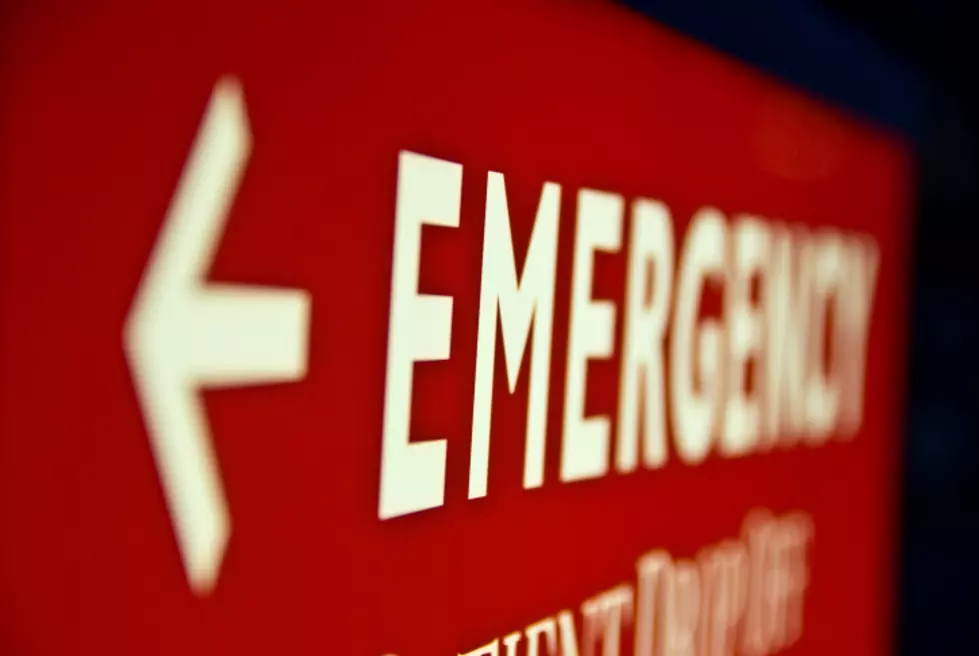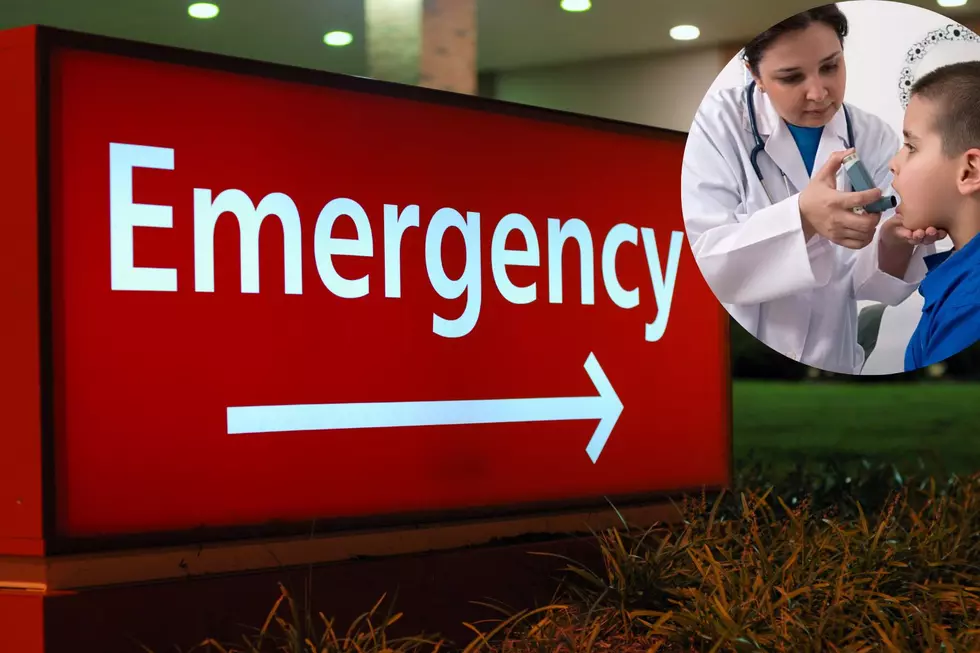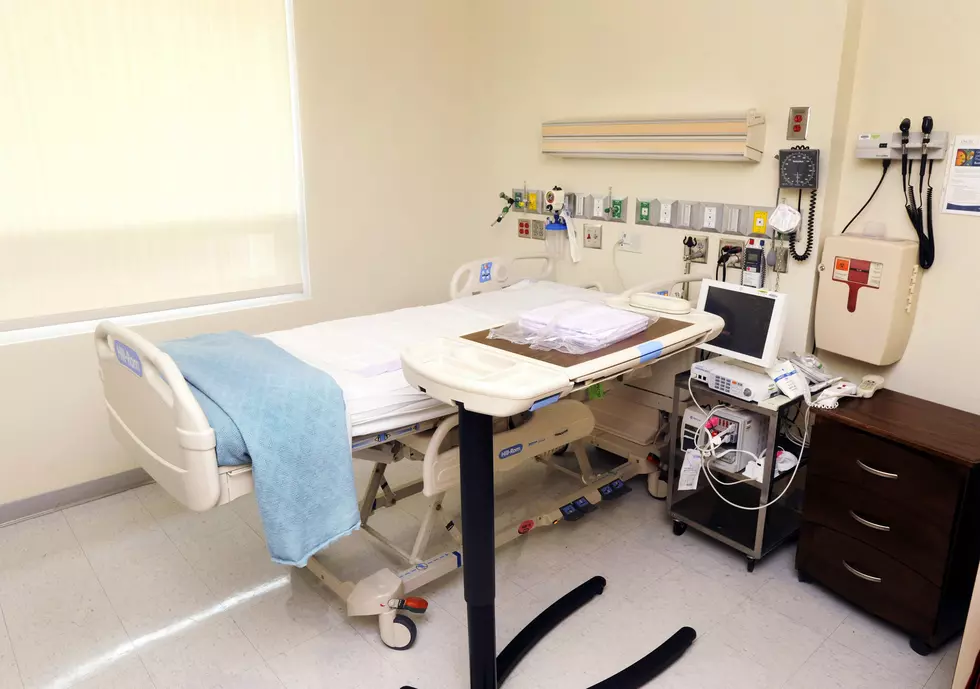
First NJ case of respiratory virus reported by health officials
TRENTON, N.J. (AP) — Health officials have confirmed New Jersey's first case of a respiratory illness that is caused by an uncommon virus.
Enterovirus 68 was identified in a specimen sent to the Centers for Disease Control and Prevention by a Philadelphia hospital.
The state health department says the child -- who has not been identified by age, town or name -- has improved and been discharged.
New Jersey Health Commissioner Mary O'Dowd is advising parents and health care providers to be aware of the symptoms, which include cough, runny nose, sneezing and muscle aches and possibly a low-grade fever.
Officials say before New Jersey, there were 130 lab-confirmed cases in 12 states.
According to 6ABC.com four children in all tested positive for enterovirus D68, and were treated at the Children's Hospital of Philadelphia.
"All the patients have recovered and have been discharged from the hospital after inpatient stays that ranged from 2 to 6 days," 6ABC reported Tuesday.
In addition to New Jersey, states with cases confirmed by the CDC are:
- Alabama
- Colorado
- Illinois
- Indiana
- Iowa
- Kansas
- Kentucky
- Louisiana,
- Missouri
- New York
- Oklahoma
- Pennsylvania
The strain of enterovirus is considered "fairly rare" by federal health officials, but a high percentage of patients in the Midwest have tested positive for EV-D68. Other states are also reporting a possible pattern as well.
"It won't be a big surprise if there are other clusters because when these viruses circulate, they circulate fairly widely," Daniel Feikin, an epidemiologist with the CDC in Atlanta said earlier this week. "And enteroviruses tend to be more common in late summer and the fall, so it's the right time of year for them."
Feikin noted symptoms can range from mild to severe, and children are the most at risk of this particular strain.
"Symptoms could be as mild as fever, cough, runny nose - but the more severe symptoms can be shortness of breath, difficulty breathing," he said, noting EV-D68 affects the respiratory tract more than other enteroviruses.
Adding to the severity, Feikin said, there is no vaccine and no drugs to treat the illness.
There have been no fatalities linked to the recent development of clusters.
The spread of enteroviruses can be prevented with frequent hand-washing and avoiding contact with others who are sick.
Dino Flammia and Associated Press contributed to this report.
More coverage:
More From New Jersey 101.5 FM









